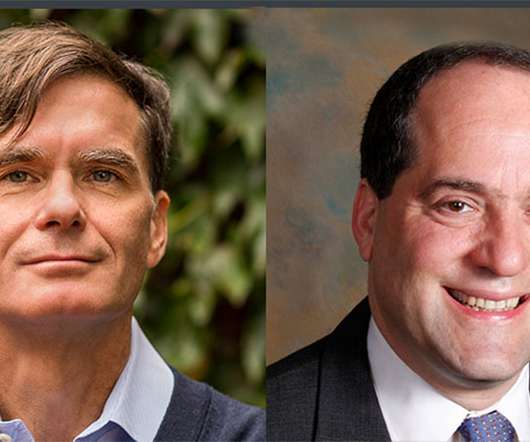An Open Letter to Robert F. Kennedy, Jr. On Why Integrated Care Should Be a Cornerstone of the HHS Agenda
Integrated Care News by CFHA
APRIL 16, 2025
It moves away from fragmented systems, provides alternatives to medication-only treatment paths, and leads patients to practical pathways for healing—whether for anxiety, diabetes management, depression, or addiction. Non-medical interventions will sky-rocket if you pay for monitoring of behavioral interventions.












Let's personalize your content